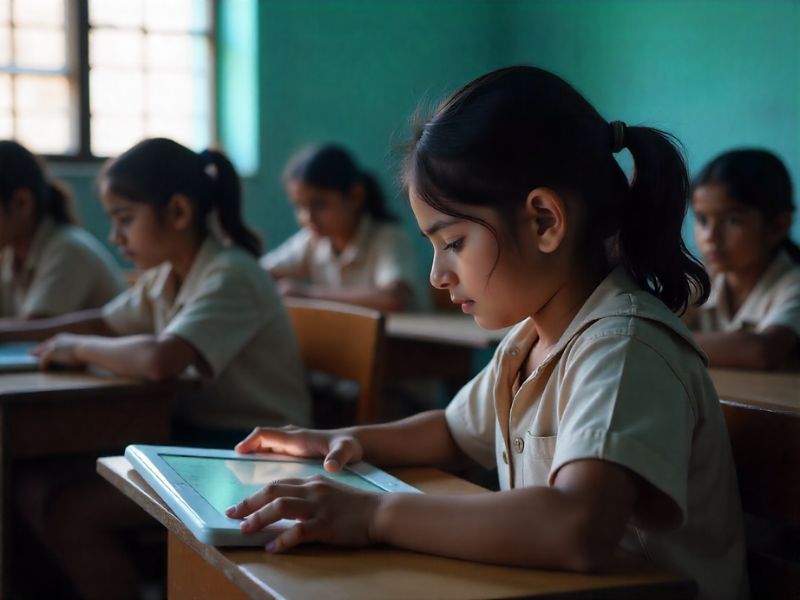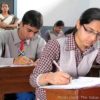No products in the cart.
Personalised learning software doubles progress in Andhra Pradesh schools
An evaluation led by Nobel laureate Michael Kremer has found that the use of personalised adaptive learning (PAL) software in Andhra Pradesh’s government schools has more than doubled student learning rates.
The state government partnered with ConveGenius.AI in 2019 to introduce the CG PAL platform for pupils in Classes 6 to 9. The software, now deployed across more than 1,200 schools, assesses each student’s learning level and tailors lessons and assessments accordingly.
The Development Innovation Lab at the University of Chicago conducted a randomised control trial between 2023 and 2025, covering 14,000 students in 120 schools. At the end of the study period, children using PAL achieved learning gains around 2.3 times higher than peers who did not. In terms of equivalent years of schooling, girls gained 2.31 years and boys 1.54 years.
Class 6 students gained 2.04 years of schooling in one academic year, while gains for Classes 7–9 over two years ranged from 1.54 to 2.36 years. Researchers noted that greater use of the software led to stronger outcomes, with girls both using it more and benefiting more than boys.
The Andhra Pradesh government funded the initiative through Samagra Shiksha and trained teachers to integrate the tool by replacing two 40-minute maths classes per week. Tablets were distributed to schools, though the state now plans to expand PAL to PM-SHRI and secondary schools using Chromebooks for longer durability.
Kremer highlighted that PAL addresses the challenge of wide variation in student ability within classrooms, preventing pupils from falling behind. Earlier studies have also shown PAL’s positive impact in Delhi private schools and Rajasthan government schools.
Also Read: Andhra Pradesh mandates schools to provide three student water breaks
















Add comment